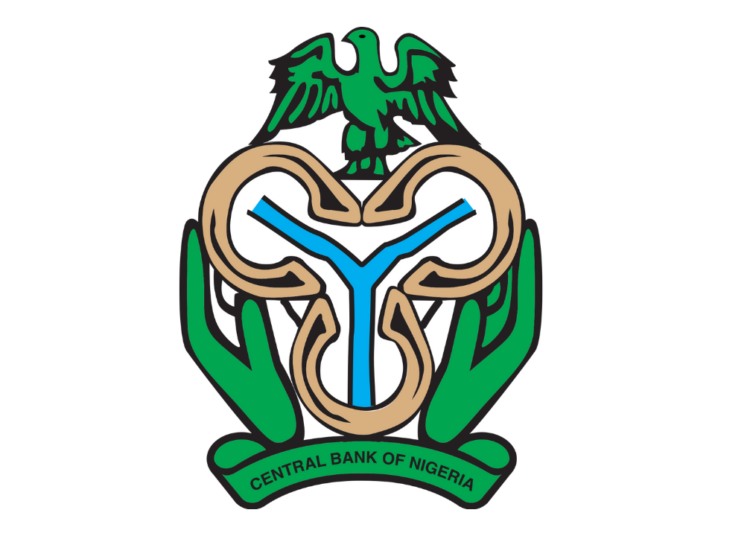The House of Representatives is proposing a uniform exchange rate throughout the country both at the Central Bank of Nigeria Bank (CBN), Commercial Banks or any such persons licensed to carry out the business of Bureau De Change.
The Green Chamber is also proposing the separation of the Chairman of the Board of CBN from the office of the apex bank’s Governor.
These proposals are contained in a bill for an Act to amend the CBN Act, 2004 and for Related Matters, 2023 which passed through second reading at the House plenary on Thursday.
Sponsored by Hon. Francis Ejiroghene Waive (APC, Delta), the bill seeks to amend Section 16 of the Principal Act to address the determination of the exchange rate of the Naira.
The amendment states that; “the exchange rate of the Naira shall be determined, from time to time, by a suitable mechanism devised by the Bank for that purpose, provided that such rates shall at all times be uniform throughout the country both at the Bank,Commercial Banks or any such persons licensed to carry on the business of Bureau De Change.”
The bill also proposed amendment to Section 6(2)(a), by adding a new paragraph which mandates that the chairman of the bank’s board shall be a former governor of the CBN, a former chairman of the Bank, or a former managing director of a bank.
This amendment provides for the separation of the Chairman of the Board from that of the governor and requires the chairman to have a background outside of the current leadership of the CBN.
The proposed legislation further intends to amend Section 7 (1) of the Principal Act to read that; “the Governor or in his absence the most senior deputy governor shall be in charge of the day-to-day management of the Bank and shall be answerable to the Board for his acts and decisions.”
The bill equally proposed amendment to Section 8 (3) of the Principal Act, in that; “the salaries or allowances including pension and other allowances payable to the governor and to the deputy governors shall be as stipulated, from time to time, by the Revenue Mobilisation Allocation and Fiscal Commission subject to approval of the President.”
It also proposed introduction of a new Section 48 to the Principal Act to address the preparation and submission of the CBN’s budget estimates to the National Assembly.
“The Board shall prepare and submit to the National Assembly through the President not later than 30th September of each year an estimate of its expenditure and income during the next succeeding year,” the planned amendment reads.
The new law further intends to amend Section 20 (3) which makes provisions for CBN to call in its notes or coins, subject to a notice of not less than one year to protect public interest in the event of the need for currency swap or Naira redesign as witnessed from late 2022 to early 2023.
In his lead debate, Hon. Waive said the proposed amendments to the CBN Act seek to address several critical aspects of the law in order to enhance the effectiveness, transparency, and accountability of the apex bank of Nigeria and its operations.
He said the uniform exchange rate will ensure uniformity throughout the country, regardless of the entity involved in currency exchange, hence fostering economic predictability and preventing distortions.
According to the lawmaker, separating the position of the CBN board chairman from the governor will ensure a more effective system of checks and balances within the bank’s governance structure and reduce the risk of policy decisions being influenced by personal or vested interests.
He said the determination of CBN governor, deputy governors payments by RMAFC aligns with principles of fiscal responsibility and accountability and will reduce the potential for arbitrary or excessive compensation decisions.






